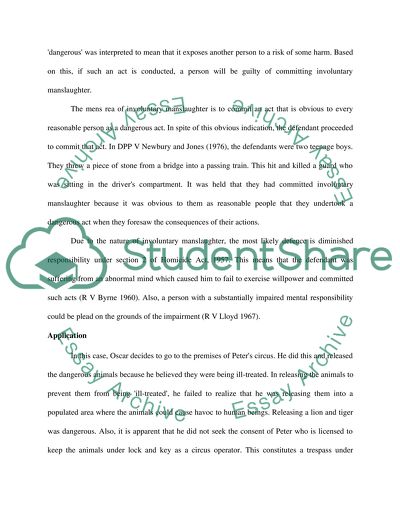Cite this document
(“CRIMINAL LAW Coursework Example | Topics and Well Written Essays - 2000 words”, n.d.)
CRIMINAL LAW Coursework Example | Topics and Well Written Essays - 2000 words. Retrieved from https://studentshare.org/other/1399380-criminal-law
CRIMINAL LAW Coursework Example | Topics and Well Written Essays - 2000 words. Retrieved from https://studentshare.org/other/1399380-criminal-law
(CRIMINAL LAW Coursework Example | Topics and Well Written Essays - 2000 Words)
CRIMINAL LAW Coursework Example | Topics and Well Written Essays - 2000 Words. https://studentshare.org/other/1399380-criminal-law.
CRIMINAL LAW Coursework Example | Topics and Well Written Essays - 2000 Words. https://studentshare.org/other/1399380-criminal-law.
“CRIMINAL LAW Coursework Example | Topics and Well Written Essays - 2000 Words”, n.d. https://studentshare.org/other/1399380-criminal-law.


